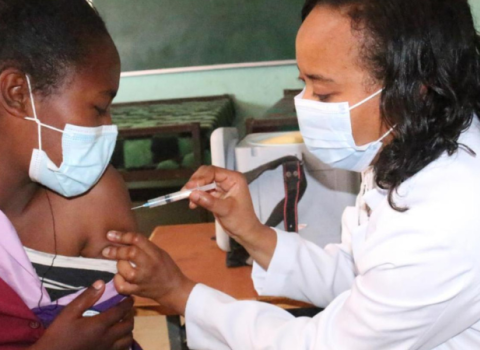
The money is intended to fill in one of the gaps in Scotland’s stem cell sector by enabling the Gothenburg-based company to devise processes for deriving different cell types from human embryonic stem cells, and develop an automated process for their high volume manufacture to a standard that is suitable for use in human therapies.
This means producing stem cells lines that are completely free of any animal components, an objective that Cellartis claims to have achieved already with one line.
The money comes from the public investment agency ITI Life Sciences, and was awarded following a market analysis to find the gaps in Scotland’s stem cell infrastructure, and an international assessment of companies in the field to find the best candidate to carry out the research.
Fergus McKenzie, programme manager at ITI Life Sciences, said that Cellartis was selected because to date it has produced the biggest range of differentiated cell lines from human embryonic stem cell lines.
“Based on market surveys, we choose the subject [of the research], and then we study companies to see what they have to offer,” said McKenzie. “What we are trying to do is a somewhat unusual business model, where we are a public body funding commercially-driven research.”
The IP stays in Scotland
Unlike being given a grant, the progress of research is closely monitored and laboratory notebooks and all intellectual property belong to ITI.
When the project is completed ITI Life Sciences hopes to hold the rights for an end-to-end process for differentiating cell lines, and for manufacturing them in volume
McKenzie said that to do this, it may be necessary to in-license some elements of the technology.
Under the terms of the deal Cellartis will collaborate with scientists in the faculties of medicine and life sciences at Glasgow University.
Matts Lundwall, CEO of Cellartis, said the collaboration fits in with the company’s strategic goal of scaling-up human embryonic stem cell technology. Cellartis’ immediate objective in its own research is to develop cardiomyocytes and hepatocyes for use in drug discovery.
The company has developed 30 defined cell lines, two of which are listed on the US NIH registry and 20 in the UK Stem Cell Bank.
Initially, the cells produced as a result of the project will be used in drug discovery. According to ITI’s analysis the market for cell-based tools was worth $1.4 billion in 2001 and has been growing strongly since.
Earlier in January the Centre for Regenerative Medicine was launched in Edinburgh, pulling together academic research and clinical groups to apply stem cells in the clinic.
Last October, the Roslin Institute in Edinburgh was awarded £2 million to set up a centre to develop clinical grade embryonic stem cell lines that it will offer to companies and researchers free of intellectual property rights.
The institute, birthplace of Dolly the sheep, set up a not-for-profit company, Roslin Cells Ltd, to run the centre The £2 million came from the development agency Scottish Enterprise, which views the centre as the first link in establishing the supply chain for taking stem cells out of the research labs and through to the clinic.





 A unique international forum for public research organisations and companies to connect their external engagement with strategic interests around their R&D system.
A unique international forum for public research organisations and companies to connect their external engagement with strategic interests around their R&D system.